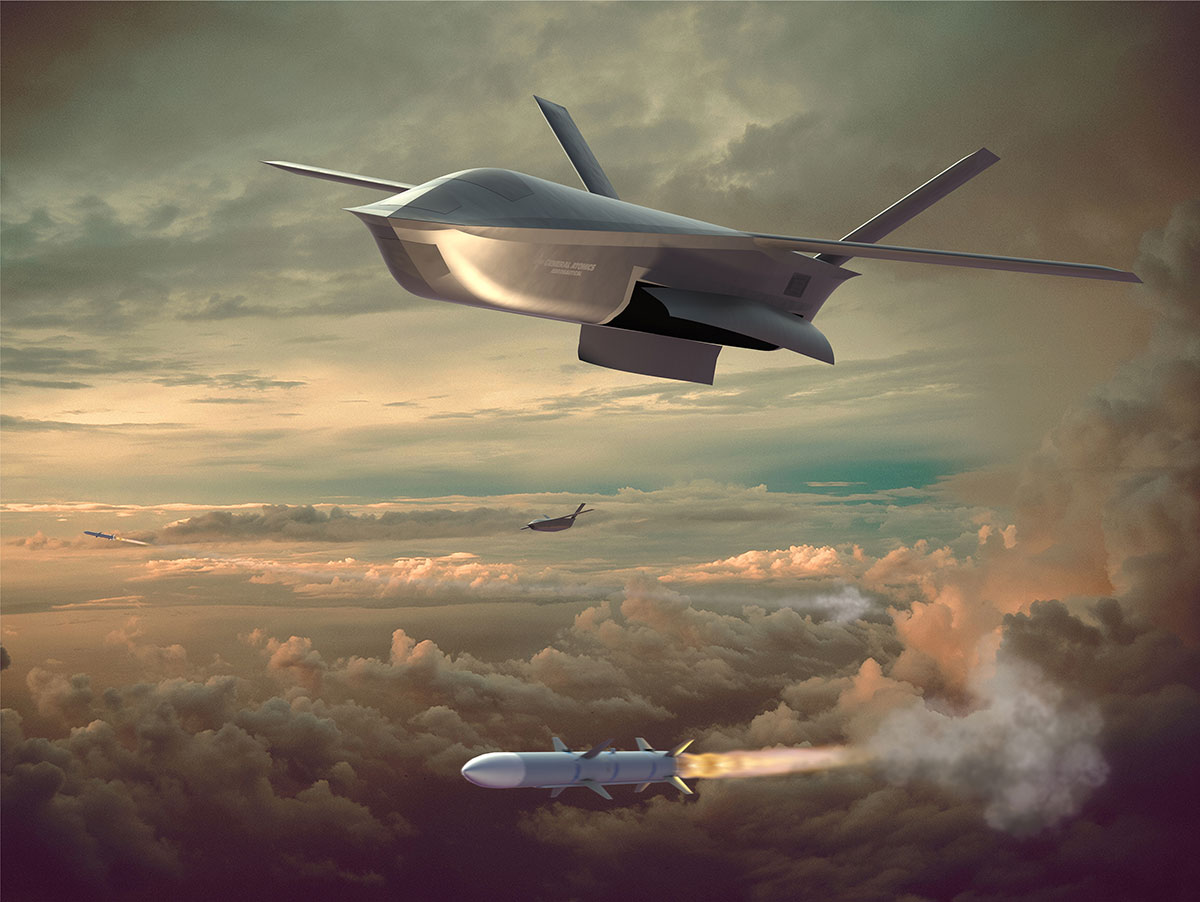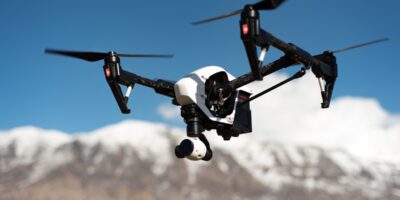Drone Exploring UAS Jobs: Opportunit guidance has gotten complicated with all the outdated regulations and conflicting advice flying around. Here’s what you actually need to know.
Exploring UAS Jobs: Opportunities and Challenges
Unmanned Aerial Systems (UAS), often referred to as drones, have revolutionized various industries. From agriculture to filmmaking, public safety to delivery services, the demand for skilled UAS professionals is growing. As UAS technology advances, job opportunities in this field are expanding rapidly. Here, we dive into the different career paths available in the UAS industry and the skills required to succeed in these roles.

Industry Overview
The UAS industry is vast and varied. Initially developed for military use, drones are now integral to many civilian applications. They’re employed for aerial photography, environmental monitoring, infrastructure inspection, and more. With this expansion, new roles emerge, requiring diverse skill sets. Professionals in this field often find themselves at the intersection of technology, regulation, and innovation.
Key UAS Roles
Several key roles stand out within the UAS sector:
- Pilots and Operators: UAS pilots control drones, ensuring they complete missions safely and effectively. They work in diverse sectors like agriculture, construction, and public safety. Obtaining a Part 107 Remote Pilot Certificate is often necessary for commercial drone operations in the U.S.
- Data Analysts: Drones collect vast amounts of data through sensors and cameras. Data analysts interpret this information, providing insights for industries like agriculture, where it’s used for crop health assessments, or in construction for progress monitoring.
- Engineers and Technicians: Engineers design and develop new UAS technologies, while technicians focus on maintenance and repairs. These roles require knowledge in electronics, aerodynamics, and computer programming.
- Regulatory Specialists: Navigating the complex regulatory environment of drone operations is crucial. Specialists in this area ensure compliance with local, national, and international laws, crucial for safe and legal operations.
- Training and Education Professionals: As the industry grows, so does the need for education. Instructors and educators develop and deliver training programs to equip new practitioners with necessary skills.
Skills and Qualifications Needed
Working in UAS requires a mix of technical and soft skills. Depending on the role, specific technical skills might include piloting aptitude, geographic information systems (GIS), data analysis, and engineering expertise. Soft skills such as problem-solving, critical thinking, and communication are equally important. Gaining the right mix of skills often involves formal education, hands-on experience, and continuous learning due to the fast-evolving nature of UAS technology.
Training and Certification
Formal training is a pathway to entering the UAS industry. Numerous institutions offer programs ranging from basic drone operation to advanced engineering courses. Certifications, like the FAA’s Part 107 for commercial drone operators in the U.S., are essential for proving expertise and understanding of flight rules and regulations. Continuous professional development is advised to stay ahead in this rapidly changing field.
Challenges in UAS Jobs
While opportunities abound, the UAS sector also faces challenges. Regulatory complexities can hinder operations and necessitate constant education to stay compliant. Privacy concerns often arise with increased drone usage, urging professionals to balance technological benefits with ethical considerations. Moreover, the competitive landscape requires ongoing innovation and adaptation.
Industry Growth and Future Prospects
The UAS market continues to expand with technological advancements and new applications. The commercial drone market size is projected to grow substantially over the next few years, driven by developments in AI, machine learning, and sensor technologies.
As industries recognize the value drones bring through efficiency and data insights, demand for skilled UAS professionals will likely continue to rise. Emerging sectors, such as drone-based delivery services and urban air mobility, promise exciting new job opportunities.
Conclusion
The UAS industry offers a dynamic and promising career path. The diversity of roles means there is something for everyone, from tech enthusiasts to regulatory aficionados. With continuous technological advancements and expanding applications, the UAS sector will likely provide rewarding career opportunities for years to come.



